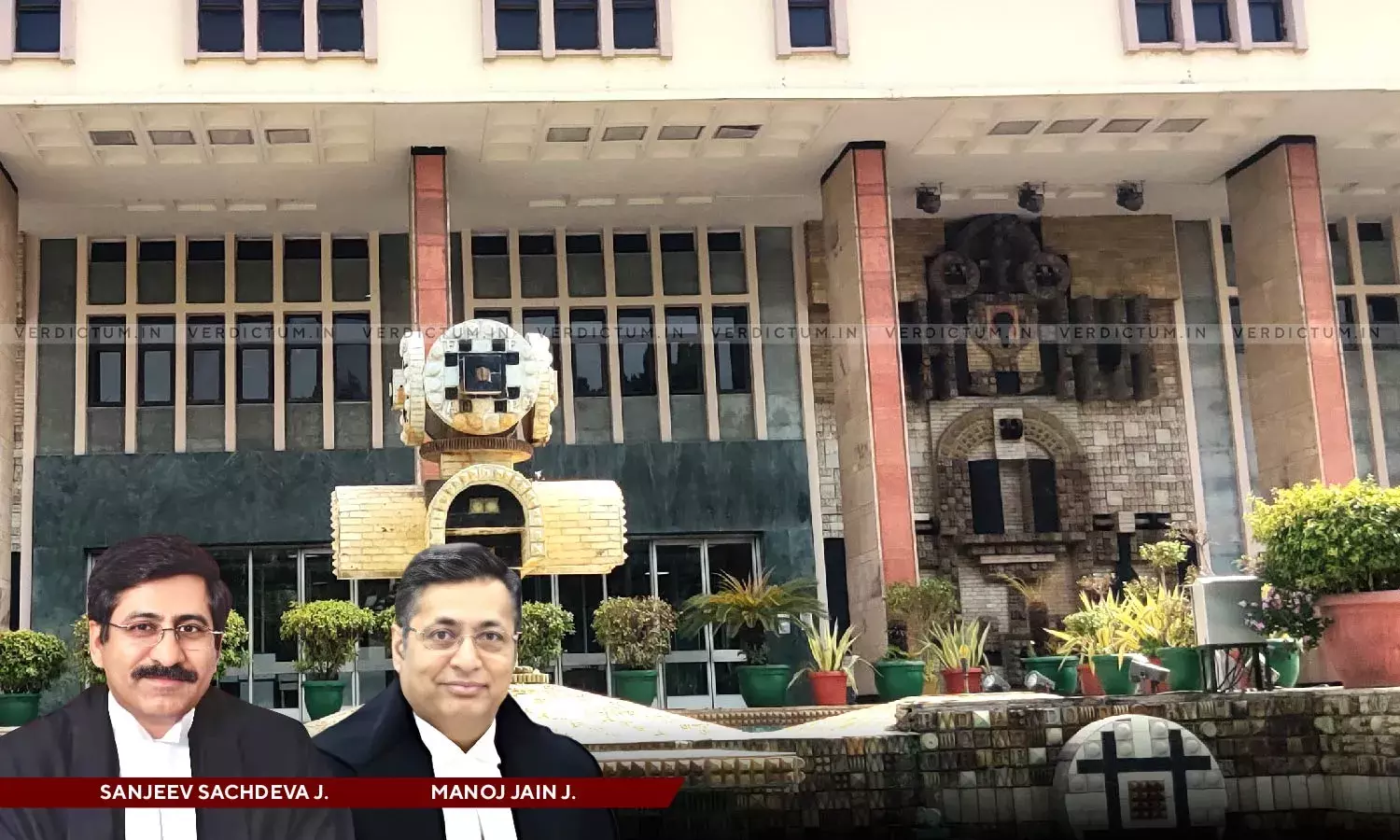Family Court Or High Courts Not Authorized To Grant Divorce On Ground Of Irretrievable Breakdown Of Marriage, Only Supreme Court Has Power: Delhi High Court
The Delhi High Court held that the power to grant a divorce on the ground of irretrievable breakdown of marriage is not a right vested with the High Courts or Family Court and can only be exercised by the Supreme Court under Article 142 of the Constitution.
The Court allowed the Appeal filed by the Wife challenging the divorce decreed by the Family Court under Section 13(1)(i-a) of the Hindu Marriage Act, 1955 (HMA). The Court noted that the husband's evidence, when tested on the yardstick of the preponderance of probabilities, does not sufficiently prove cruelty on the part of his wife.
“Power to grant divorce on the ground of irretrievable breakdown of marriage is exercised by the Supreme Court under Article 142 of the Constitution of India to do complete justice to both the parties. Such a power is not vested in the High Courts leave alone the Family Courts”, the Bench comprising Justice Sanjeev Sachdeva and Justice Manoj Jain observed.
The Bench noted, “No parallel can be drawn from said judgment by the respondent in view of distinguishing facts of the present case. Moreover, as already noted, the power to dissolve marriage on account of "irretrievable breakdown‟ vests with the Supreme Court only, which also cannot be sought by any of the parties as a matter of right”.
Advocate Sunil Malhotra appeared on behalf of the Respondent.
The Appellant (Wife) approached the Court by way of a Petition challenging the judgment of the Family Court whereby her husband’s petition seeking divorce under Section 13(1)(i-a) of the HMA was allowed.
The Court noted that the term "cruelty" under Section 13(1)(ia) of the HMA, lacks a definition, making it difficult for the courts to determine the nature of cruelty. The Bench observed that cruelty can be physical, mental, or both, and while physical cruelty can be established by corroborative evidence, mental cruelty is subjective and cannot be easily quantified. The Court noted that such qualification depends on various interrelated factors that need to be considered carefully to determine the existence of mental cruelty in a case.
Furthermore, the Court referred to the Supreme Court's Judgment in the case of Samar Ghosh v. Jaya Ghosh [(2007) 4 SCC 511] and reiterated that cruelty cannot be judged with a straight jacket formula and would have to be construed after careful examination of particular facts and circumstances of each case.
Additionally, the Court noted that the aversions of cruelty made by the husband against the wife were not substantiated. The Court observed two grounds for reaching such a conclusion. Firstly, he had moved an application seeking the appointment of a local commissioner to establish that she was running a coaching center but did not examine anyone to establish said fact either, except by making oral averment. Secondly, even if it is assumed for a moment that she was visiting and supervising any such center, he has not bothered to explain and elucidate as to how such fact, in itself, would amount to cruelty.
“Thus, the picture which emerges out is very clear. There was loss of trust, faith and affection between the parties but despite that, they both were trying hard to save the family. The husband even withdrew his case seeking restitution of conjugal rights. His mother also withdrew her one complaint”, the Court noted.
Accordingly, the Court allowed the Appeal and set aside the impugned order.
Cause Title: Bhawana Sharma v Shyam Sunder Sharma (2023:DHC:7838-DB)




